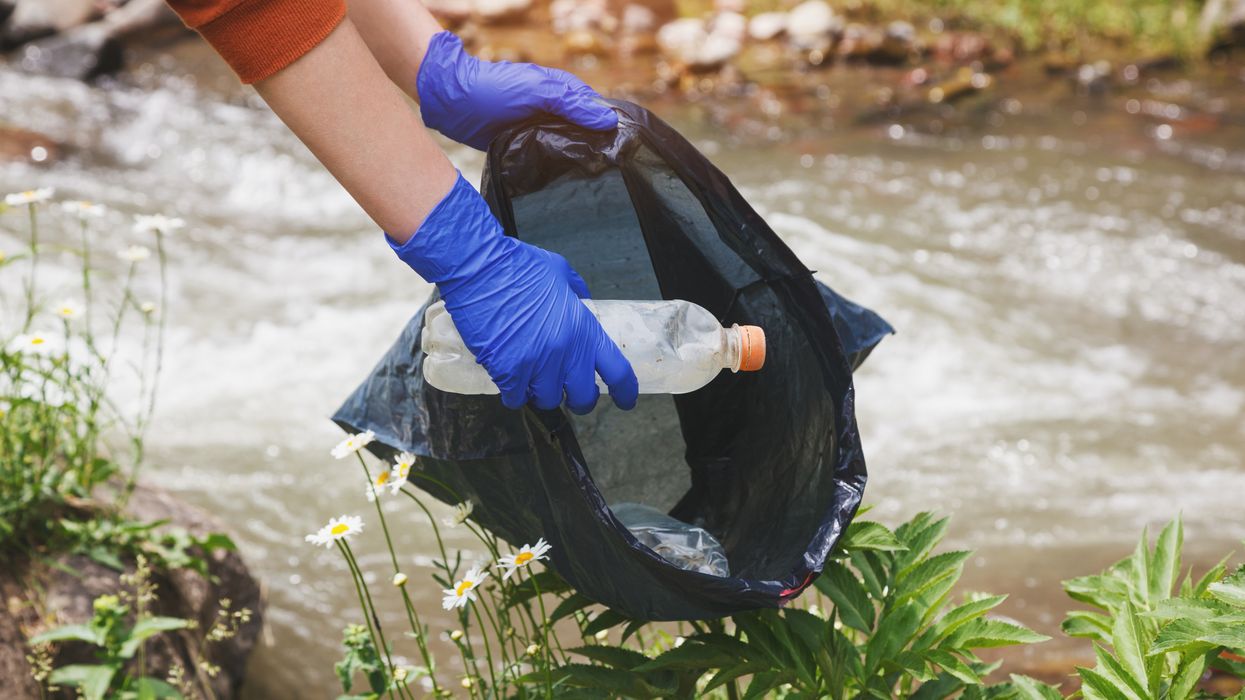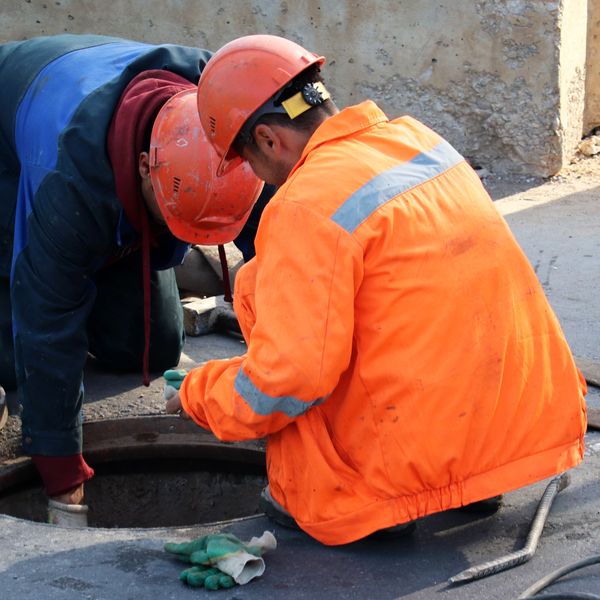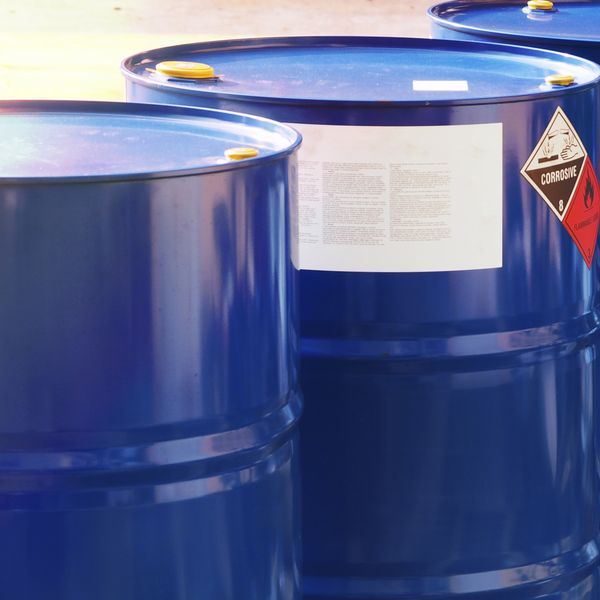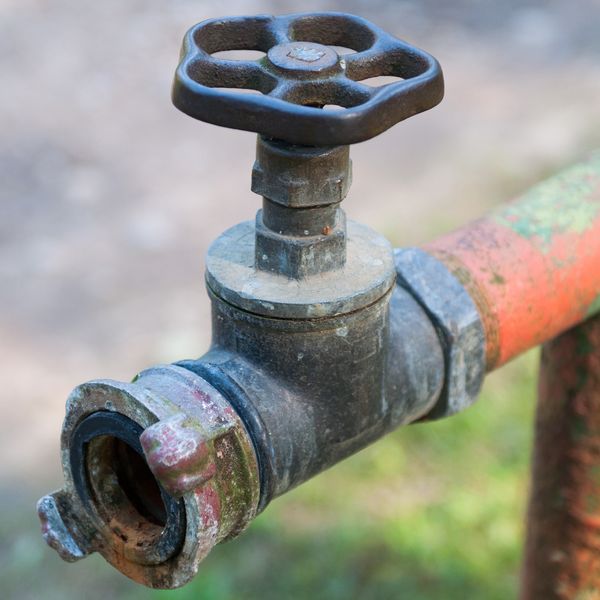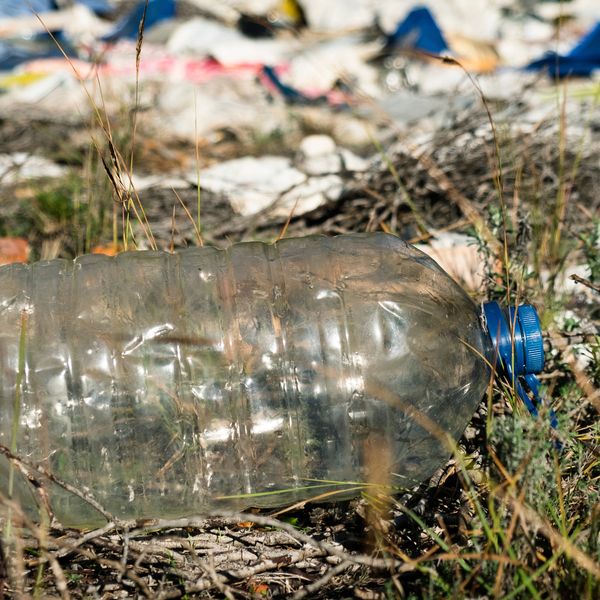State Updates
Massachusetts reports three unhealthy days
The Massachusetts Department of Environmental Protection (MDEP) reports only three unhealthy ozone days during the 2020 Ozone Monitoring Season, which runs from March through September. The number represents the lowest amount of “exceedance days” since ozone monitoring began in the 1970s. MDEP says the air quality is improving due to fewer vehicle and power plant emissions and the implementation of greener renewable emergency sources.
Superfund cleanup of Gowanus Canal begins
In November, EPA announced a full-scale dredging project to clean up years of hazardous waste and urban pollution from the Gowanus Canal. The Canal, which runs through several boroughs in New York City, has been polluted for more than a century and on the Superfund list of contaminated sites since the 1980s. Dredging is scheduled to be completed in 2022 and capping will be completed by mid-2023.
Pennsylvania plans to join RGGI
You have until January 14 to comment on the Pennsylvania Department of Environmental Protection’s (DEP) CO2 Budget Trading Program Regulations. DEP’s Environmental Quality Board is looking for public input on the proposed regulations to reduce carbon dioxide (CO2) pollution from the state’s power plants and enter the state into the Regional Greenhouse Gas Initiative (RGGI), a regional CO2 Budget Trading Program. You can submit comments to RegComments@pa.gov with “CO2 Budget Trading Program” in the subject line.
Georgia calls for more efficient water systems
A rule proposed by the Georgia Department of Natural Resources Environmental Protection Division would place additional requirements for small public water systems to renew their drinking water permits. The proposed amendments to the Rules for Public Waters Systems to Improve Water Supply Efficiency, would mandate that public water systems serving at least 3,300 individuals that do not otherwise hold a water withdrawal permit to demonstrate progress toward improving water supply efficiency at permit renewal time.
Indiana develops emergency spill webpages
The Indiana Department of Environmental Management (IDEM) developed two new webpages: Selecting a Spill Contractor and the Spill Contractor Map to assist businesses that experience an emergency spill to quickly locate a company specializing in spill response. The resources only direct users to spill response contractors and not to other types of specialists such as environmental consultants, permit help, or industrial hygiene.
Oklahoma has on-demand radiographer test
Oklahoma Department of Environmental Quality (DEQ) has started offering an on-demand certification exam for industrial radiographers. On-demand testing has been requested by workers and industry for a long time. The exam is necessary to work as a lead radiographer and applicants can now take the test at testing centers throughout the state.
Iowa offers online permit cancellations
The Iowa Department of Natural Resources (DNR) announced the Iowa DNR Environmental Application System (Iowa EASY AIR) is accepting construction permit cancellation requests through a new application module. The new rescission application through the module is intended to be faster and easier than paper requests. Canceling a permit helps facilities manage their permits and keep costs down.
Utah regions now compliant for air quality
Two Utah regions have been redesignated from “non-attainment” areas for air quality standards to “attainment.” EPA announced the decision after evaluating air monitoring data and the state’s implementation plan for the 2006 24-hour fine particulate matter (PM2.5) National Ambient Air Quality Standard (NAAQS) under the Clean Air Act. The two redesignated areas are the Salt Lake City and Provo areas.
California commits to Klamath River project
An agreement signed by the states of California, Oregon, tribal nations, and corporations commits additional resources to restoration efforts on the Klamath River. When completed, the project, touted as the most ambitious salmon restoration effort in history, will address declining fish populations, improve river health, and renew tribal communities and cultures.
Washington studies to help with microplastics
Pacific Northwest National Laboratory (PNNL) and Washington State University (WSU) published a study on the effects of microplastics on plants. They found that microplastics do not get absorbed into plant cells but they do accumulate on the tips of plant roots. Researchers hope this data could lead to advancements in contamination cleanups for the ever-increasing amount of microplastics found in the environment.

